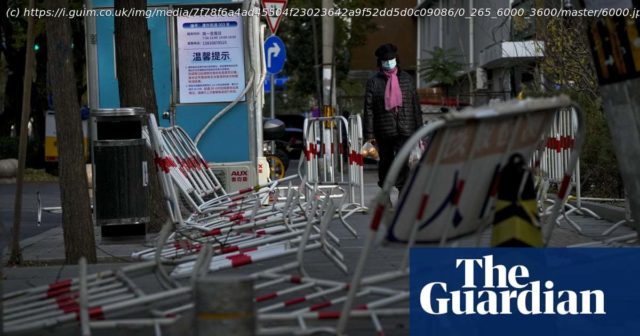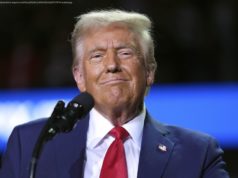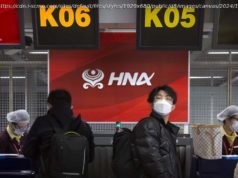Array
Since Xi Jinping came to power a decade ago, China’s Communist party has enacted a sweeping crackdown on civil society. Independent NGOs have been shut down, journalists and human rights lawyers arrested and outspoken media tamed. Meanwhile, the government has invested heavily in a massive surveillance system to keep track of citizens’ movements and activities.
Given their emphasis on national security and stability, party leaders would have been shocked therefore by the nationwide protests that broke out on 26 November in opposition to Xi’s “zero-Covid” policy. Demonstrators demanded an end to lockdowns and mass testing and some even called for the removal of the party and Xi himself.
The government’s response was two-pronged: lockdowns were lifted in many places and other Covid restrictions eased at the same time as a national police operation was launched to detain protesters and tech companies were instructed to expand censorship of protests and curb access to virtual private networks. The party also said the protests were being backed by “hostile forces” – an official designation that allows security forces to respond with more severe measures.
Some China observers predict that in the medium term the government will respond to the largest mainland protests in decades by cracking down even harder on civil society.
“The authorities will step up control,” said Chen Daoyin, a political scientist formerly with the Shanghai University of Political Science and Law. “The authorities will see this as the bud of a colour revolution and will deal with it as such.”
Prof William Hurst, deputy director at the Centre for Geopolitics at the University of Cambridge, said the government’s approach would be to increase repression slightly in order to make protesters’ aware of the risk and cost of their actions.
“What the Chinese government has learned from [the crackdown on the Tiananmen pro-democracy movement] 33 years ago is that sharp and brutal repression is not so effective and is also extremely risky for the regime,” he said.
Start
United States
USA — China ‘The authorities will step up control’: where next for China after protests?






